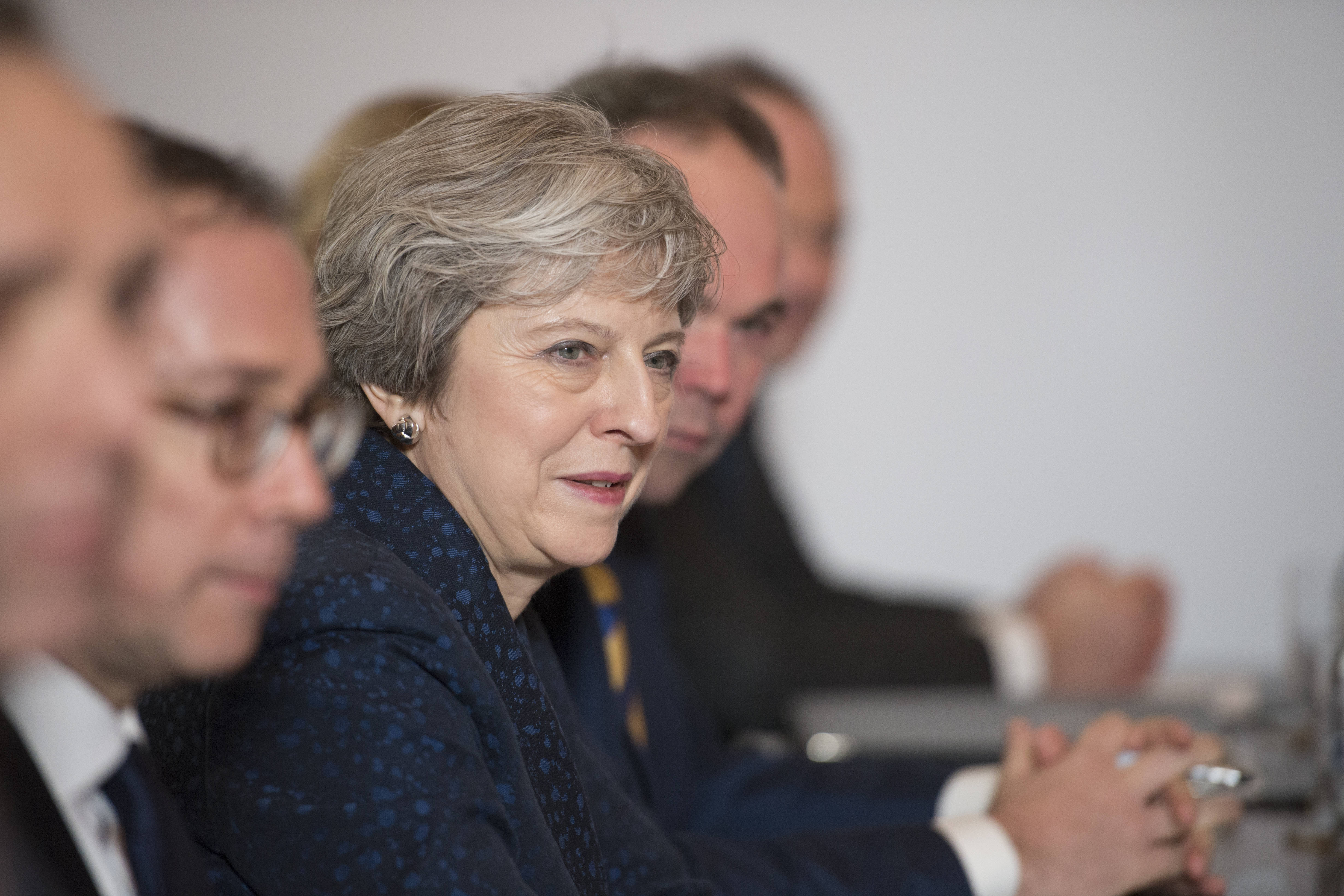
Four years ago uttering the words “I have real FOMO over Tory conference” would have been as likely as declaring “Jeremy Corbyn is the next prime minister”. And yet, over the last week, I have found myself repeatedly saying both.
And why wouldn’t I? Mediated through TV and Twitter, events in Birmingham seem like a jamboree of indifference, the main hall often as empty of people as the Tories are bereft of ideas. Watching Jeremy Hunt’s speech on Monday I could make out around 200 desperate souls. For the foreign secretary to have an audience less than half that of the Novara Media Christmas party is quite something.
This being a Tory conference there were the usual gaffes. The outstanding effort came from Sajid Javid who appeared to remark that the Tories would fight “hope with hate” before quickly remembering this was a public speech rather than a CCHQ strategy brainstorm.
But beyond the empty seats, the putrid speeches and, yes, a stall hosted by the Cayman Islands, a broader story continues to unfold. It has been decades in the making. The Conservative party is dying.
This is true both quantitatively and qualitatively. The party’s membership is at an all-time low: while there were almost 3m card-carrying Tories in the 1950s, today there are around 100,000 (although even this is disputed). The average member is somewhere between 59 and 68 years old and, perhaps most tellingly, last year the party made twice as much from bequests from the dead as it did from its membership. Polling indicates that if the next election was exclusively decided by those aged 18-24, the Tories wouldn’t win a single seat nationally.
Such demise has been surprisingly quick – the Tories had more members than Labour only a decade ago. This has meant they are ever-more dependent on their friends in the media, particularly print. That can come with problems, as the Tories found out with Brexit. What’s more, even with Fleet Street onside the news industry of the last century is on a secular trend to oblivion. After the 1992 general election, when The Sun ran its iconic front page “It was the Sun wot won it”, the paper sold more than 3.5m daily copies. Today that figure has fallen by almost two-thirds. While millions of Brits still read the likes of The Sun and Mail online, the digital space is far more competitive and politically plural.
This much was obvious on the day of last year’s general election. That morning the Daily Mail allocated 14 pages to attacking Corbyn. Within 24 hours it became clear Labour had added as many as 3.5m votes. In his conference speech a few months later, Corbyn, not unreasonably, asked the Mail to double their negative coverage next time round. Not only did it prove ineffective, such hysteria helped Labour frame themselves as the insurgent force against the establishment.
Then there is Brexit. Europe has been an open wound for the Tories for more than a quarter of a century. The reason is simple: rhetorical nods to national sovereignty and exceptionalism are at odds with an economy necessarily integrated into global markets. While Tory members, at least the few that remain, might prefer a future out of the world’s largest market, for the establishment – with their sons and daughters working in London’s high paying service industries (law, marketing and finance) – the opposite is true. The fatal mistake of David Cameron was to think he could traverse both sides, being a tribune for the “little people” as Nigel Farage called them, as well as big business. He could not. Even now the Tories are yet to decide whether they are a party of the shires or of international finance – they can no longer be both. The coalition that underpinned the Thatcher supremacy is coming to an end. Brexit, like immigration, is merely a symptom.
Before 2015 the Tories’ previous majority came in 1992. Cameron’s surprise success three years ago was less a result of personal ability or Tory allure than the complete collapse of Labour in Scotland – primarily because the ‘melts’ were in charge of the party machine. Ed Miliband could have done much better than the 9.6m votes he received. Unfortunately he was persuaded to appeal to the electorate of 20 years ago rather than creating the one of tomorrow. The latter is precisely what Corbyn is now doing.
It may be a cliche to remark how power is an effective adhesive, but it’s also true. It provides a unique explanation of how Theresa May has managed to keep her non-government together for as long as she has.
But cohesion which is solely a consequence of pursuing power – rather than a shared set of values or broader political objectives – has a flip side. It means that when you are no longer in charge, your paths diverge. For a generation of potential Tory politicians and activists it will negate any real reason to be actively involved. 100,000 members? It will go lower. Far lower.
If the Tories really are dead then what happens next? There will likely be a fragmenting. While all the talk of a new centrist party has focused on Labour – primarily because the media have an agenda against Corbyn – a break within Conservative ranks now appears far more likely (although we’ll no doubt have to wait). At the same time the likes of Tommy Robinson and the remnants of Ukip are licking their lips at the prospect of a disintegrating party of government.
Corbyn becoming prime minister is no formality, but these last few months have revealed how a decisive shift against the status quo is now inevitable. The political rupture on the horizon will be on a par with 1945 and 1979. Do not be surprised if the Conservative party – at least as we know it – fails to come out the other side.